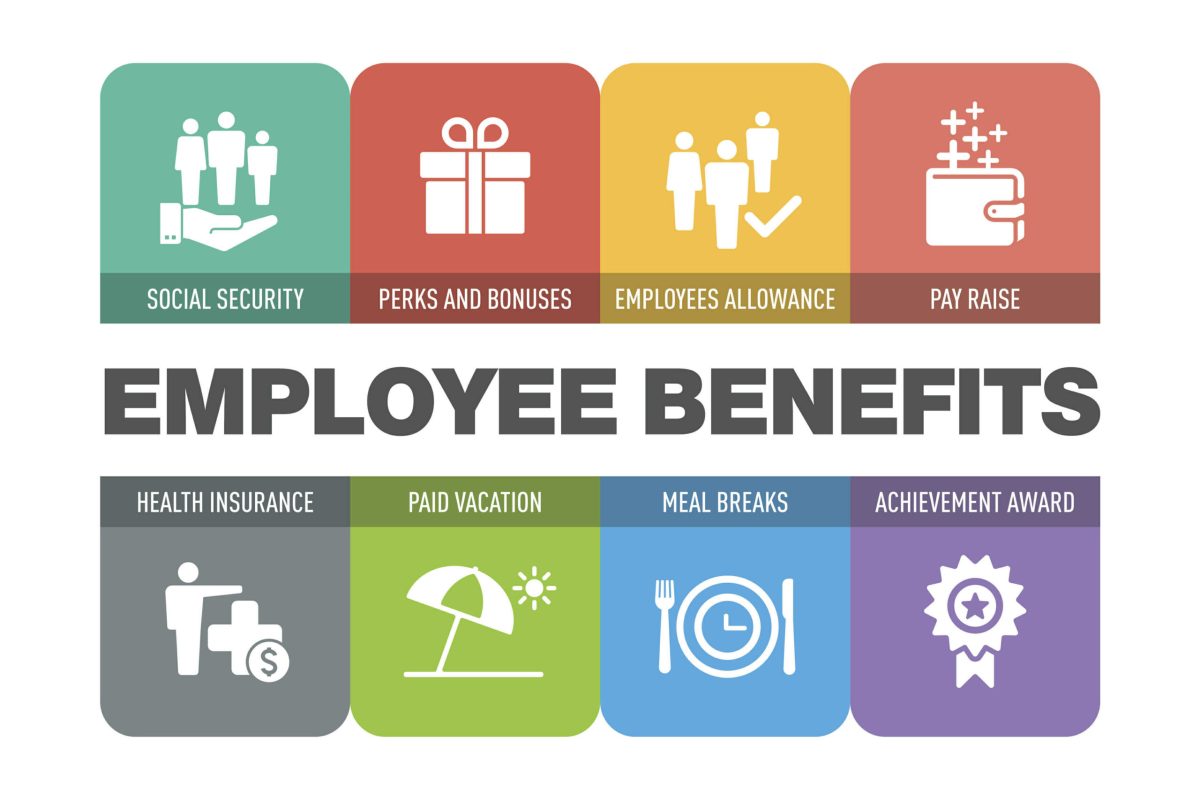The Philippines has a robust framework of mandatory employee benefits aimed at protecting workers’ rights and enhancing their well-being. These benefits cover key areas such as social security, health care, paid leave, and work-related injury compensation. Employers, including those using Employer of Record (EOR) or Professional Employer Organization (PEO) services, must comply with these regulations to ensure employee satisfaction and adherence to local labor laws.
1. Social Security Contributions
The Social Security System (SSS) in the Philippines provides essential benefits to employees. Both employers and employees contribute to this system.
-
Contribution Rates: Employers contribute around 13% of an employee’s monthly salary, while employees contribute about 4%. The rates can vary based on salary levels.
-
Coverage: Contributions fund several benefits, including:
-
Sickness benefits
-
Maternity benefits
-
Retirement pensions
-
Death benefits
-
Disability benefits
-
2. Retirement Benefits
The retirement system in the Philippines provides financial security for employees after they stop working.
-
Retirement Age: The standard retirement age is 60, but employees can opt for early retirement at age 55, with reduced benefits.
-
Pension Calculation: The pension amount is calculated based on the employee’s contributions and the number of credited years.
-
Minimum Pension: There are minimum pension guarantees to ensure a basic income for retirees.
-
Optional Retirement Plans: Some employers may offer additional retirement savings plans or pension schemes to further secure employees’ financial futures.
3. Healthcare Coverage
Healthcare in the Philippines is a vital component of employee benefits, primarily provided through the PhilHealth system.
-
Universal Coverage: All employees are entitled to basic healthcare services, including hospitalization and outpatient care, funded through mandatory contributions.
-
Additional Benefits: PhilHealth provides members with coverage for various medical services and treatments, which can significantly reduce out-of-pocket expenses.
-
Private Health Insurance: While public healthcare covers many needs, some employees choose private health insurance for quicker access and additional services.
4. Paid Leave
Philippine labor law guarantees several types of paid leave to help employees manage personal and health-related issues.
-
Sick Leave: Employees are entitled to sick leave benefits, which are typically provided based on company policy, but many companies offer 5 to 10 days of paid sick leave per year.
-
Maternity Leave: Mothers are entitled to 105 days of paid maternity leave, with an option for an additional 15 days for solo parents.
-
Paternity Leave: Fathers can take 7 days of paid paternity leave.
-
Vacation Leave: Employees generally earn 5 to 15 days of paid vacation leave annually, depending on company policy.
5. Work-Related Injury Compensation
The Philippines has laws in place to protect employees who experience injuries on the job.
-
Compensation for Accidents: Employees who suffer work-related injuries are entitled to medical treatment and compensation for lost wages during recovery. The amount depends on the nature of the injury.
-
Permanent Disability Benefits: If an employee becomes permanently disabled due to a work-related injury, they may qualify for a disability pension, the amount of which is based on the severity of the disability.
-
Safety Regulations: Employers are required to implement safety measures and training to prevent workplace accidents.
6. Additional Benefits
Certain sectors may provide additional benefits through collective bargaining agreements.
-
Meal Allowances: In some industries, employers offer meal allowances to help cover employees’ food expenses during work hours.
-
Transport Allowances: Employers may reimburse transportation costs for employees commuting to work, often as part of collective agreements.
7. Holiday and Special Leave
The Philippines recognizes various types of leave beyond standard vacation and sick leave.
-
Public Holidays: Employees are entitled to paid time off on regular and special public holidays. There are at least 12 holidays recognized nationwide each year.
-
Leave for Family Reasons: Employees can take leave for significant life events, such as marriage or bereavement. The duration and pay terms can vary depending on company policies and agreements.
GlobainePEO – Your Trusted Partner
At GlobainePEO, we help employers navigate the complexities of mandatory benefits in the Philippines. Our services ensure compliance with local labor laws and manage payroll contributions for essential benefits like SSS, PhilHealth, and the Pag-IBIG Fund. Let us handle your workforce management, so you can focus on growing your business while ensuring your employees receive the support they need.

